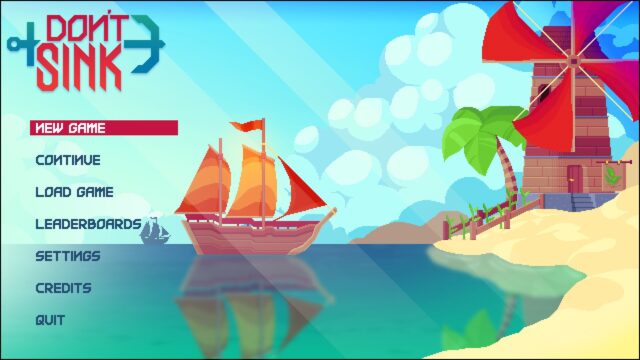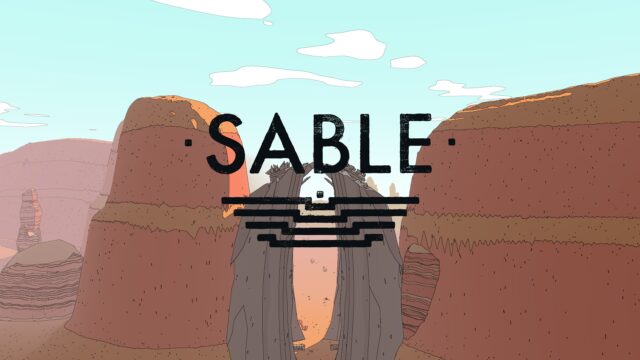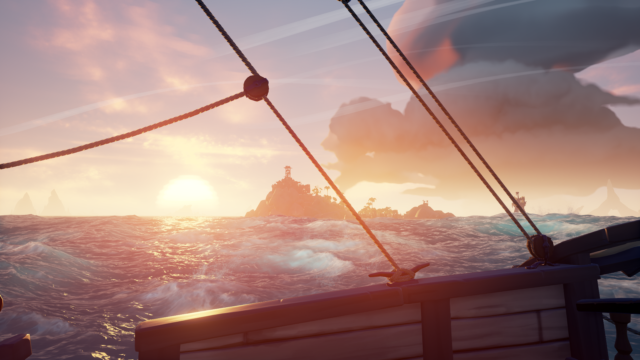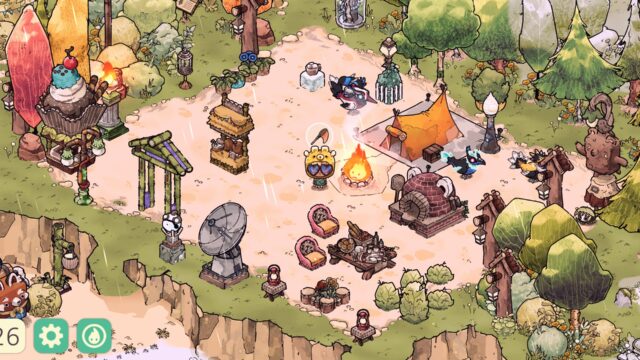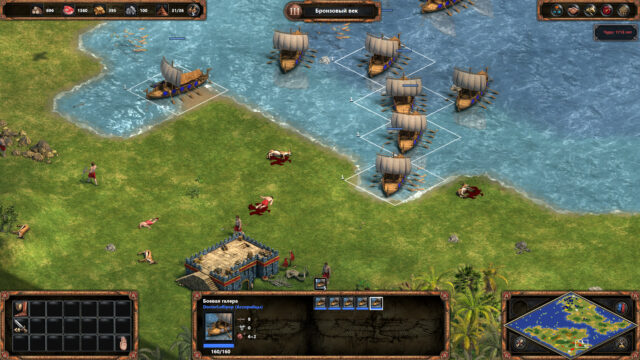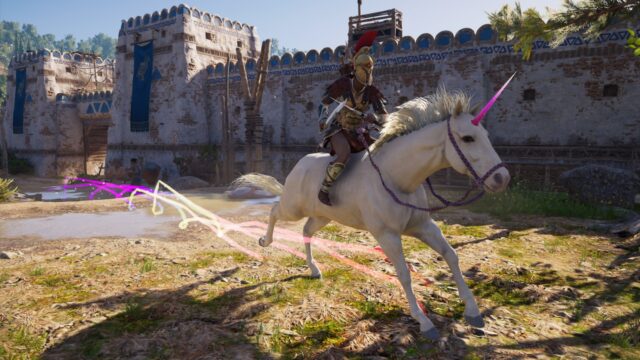About God of War
Today in our regular column “Better late than never”: God of War.
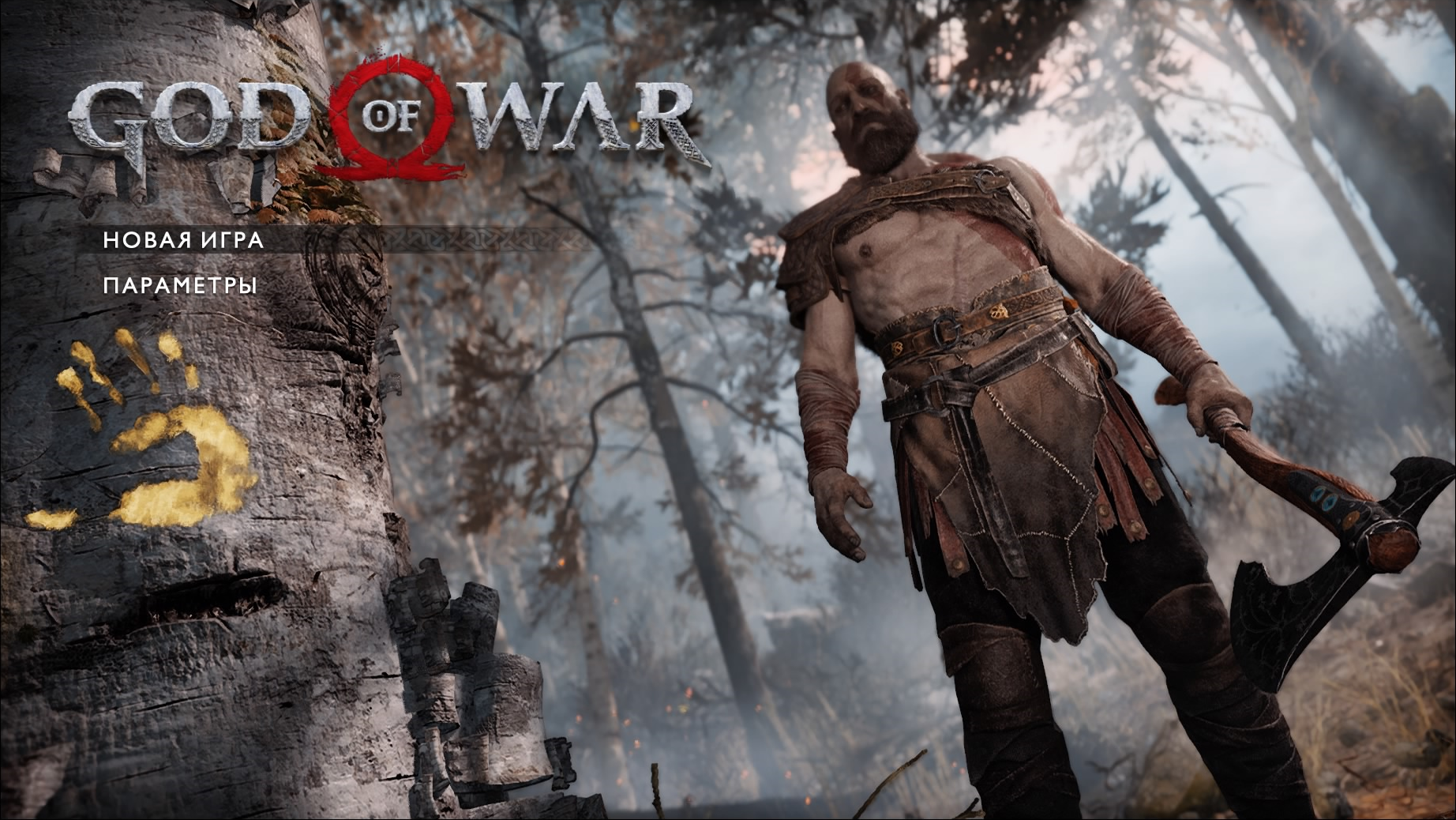
Oh, Kratos hugged the birch tree, how cute. This birch tree’s end.
Long, long ago, the aggressive bald Spartan hasn’t touched his blades – you can’t even name the release date of the last God of War series without Wikipedia. But what’s more, Kratos grew a beard! And also changed his address and started a family, but those are just details.
The main thing is that now we know exactly where the genealogical tree of Max Payne roots and can once again arrange a mythical bloodbath. This time – in magical Scandinavia.
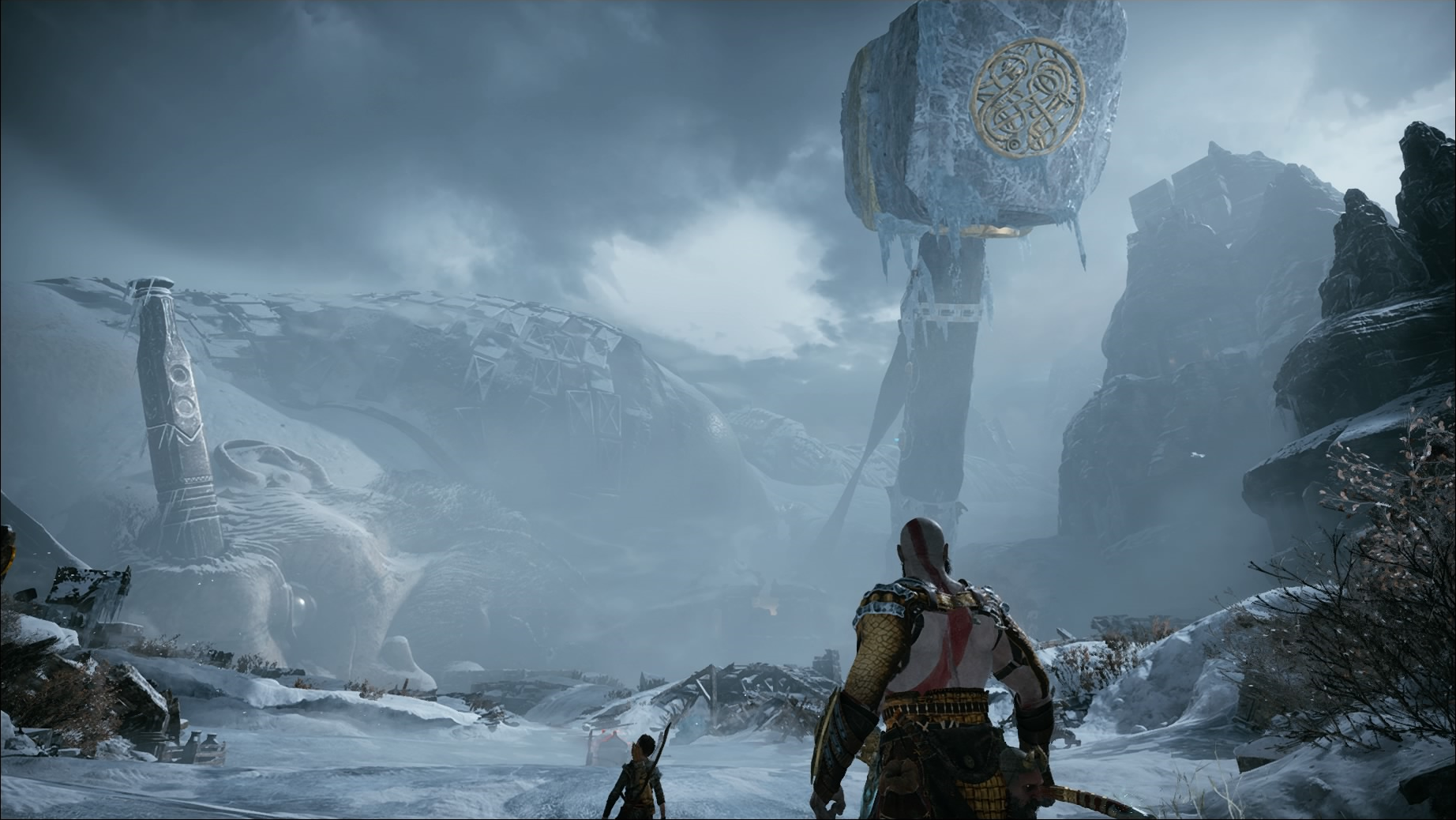
Kratos, let’s remind ourselves, is a native and patriot of Sparta, but fate played a cruel joke on him. Being a god of local war, our hero entertained himself at home as best he could, and one fine day he entertained himself to the point where there was no one left to kill in Greece. Over the course of several episodes, Kratos annihilated the entire vertical of Olympic power, including Zeus himself. It was impossible to have a more powerful career on the orphaned mountain, and the drama in the sequel could not be sharper.
What to do? Naturally, go where the gods have not yet shown themselves and start life anew. Start a family, wait for tragedy…
But here, by the way, our hero, unlike the protagonists of God knows how many works of game design art, learned some lessons from his own meat grinder and stopped stumbling upon adventures by himself. Misfortune with Kratos happened quite ordinary: his wife died. By her own, it seems. She died, leaving the god of war with a young son and a very, very cunning will. Somehow, it turned out that as soon as Kratos and his son Atreus fulfilled its first point together, Conor McGregor appeared in the house and started picking fights. Well, and then it all started.
Father of the Year
Breaking news: “background children” in games and movies – in the overwhelming majority of cases, are terrible evil and a plague, defiling every frame and killing every first line of dialogue. Fate knows few jokes more vile than to bring you to a screening of some action movie, where you suddenly discover that an disgusting brat has attached itself to the charismatic main character on the tenth minute of the show, whose main characteristic is precisely that he is a disgusting brat.
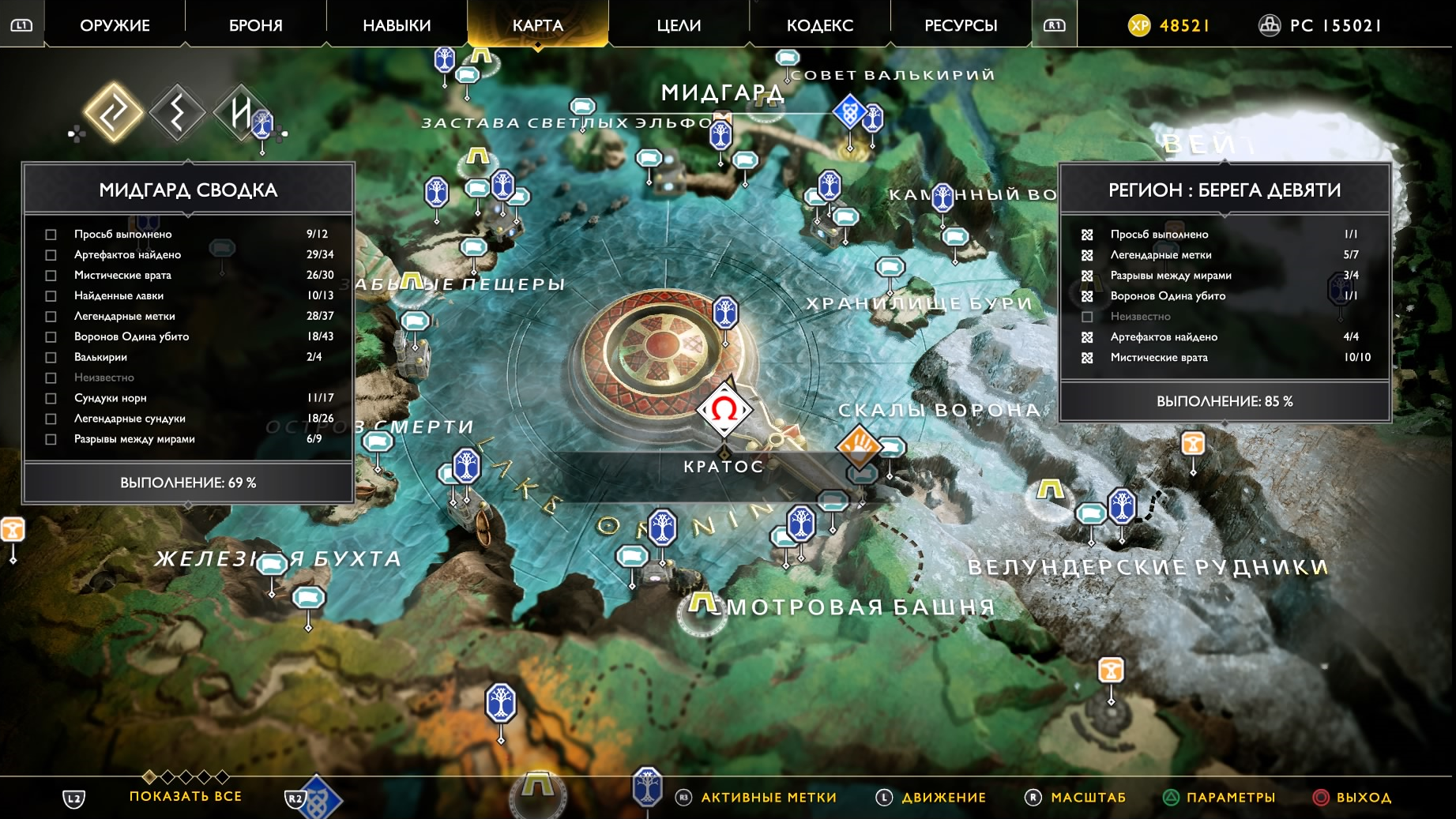
He asks stupid questions, seeks unnecessary adventures, presses red buttons, and pulls rusty levers. Because of him, half of the thrilling episodes in the movie happen, but you hate him with all your heart and, knowing that nothing bad will actually happen to the bastard, you wholeheartedly wish him ill. Our Atray is exactly like that. The little son immediately declares that it would be better if his dad died instead of his mom, he runs ahead of the god of war locomotive levels and denies Kratos’ love for his deceased wife.
How annoying he is. I probably wouldn’t have endured the kid for two hours if Kratos hadn’t been annoyed with me. Here he is, a script genius, allowing a schoolboy to be inserted into the game without scaring away gamers. The main character handles Atray’s debut antics as poorly as we do. We become spiritually closer to Kratos. He stoically endures his unexpected trial, and players, understanding the boiling anger inside the hero, continue on with him.
This is how several starting hours go by, during which God of War teaches us how to handle the new family axe and reminds us that no decent third-person action game will ever be complete without “Push-Pull” puzzles and constant fights with everyone in the world.
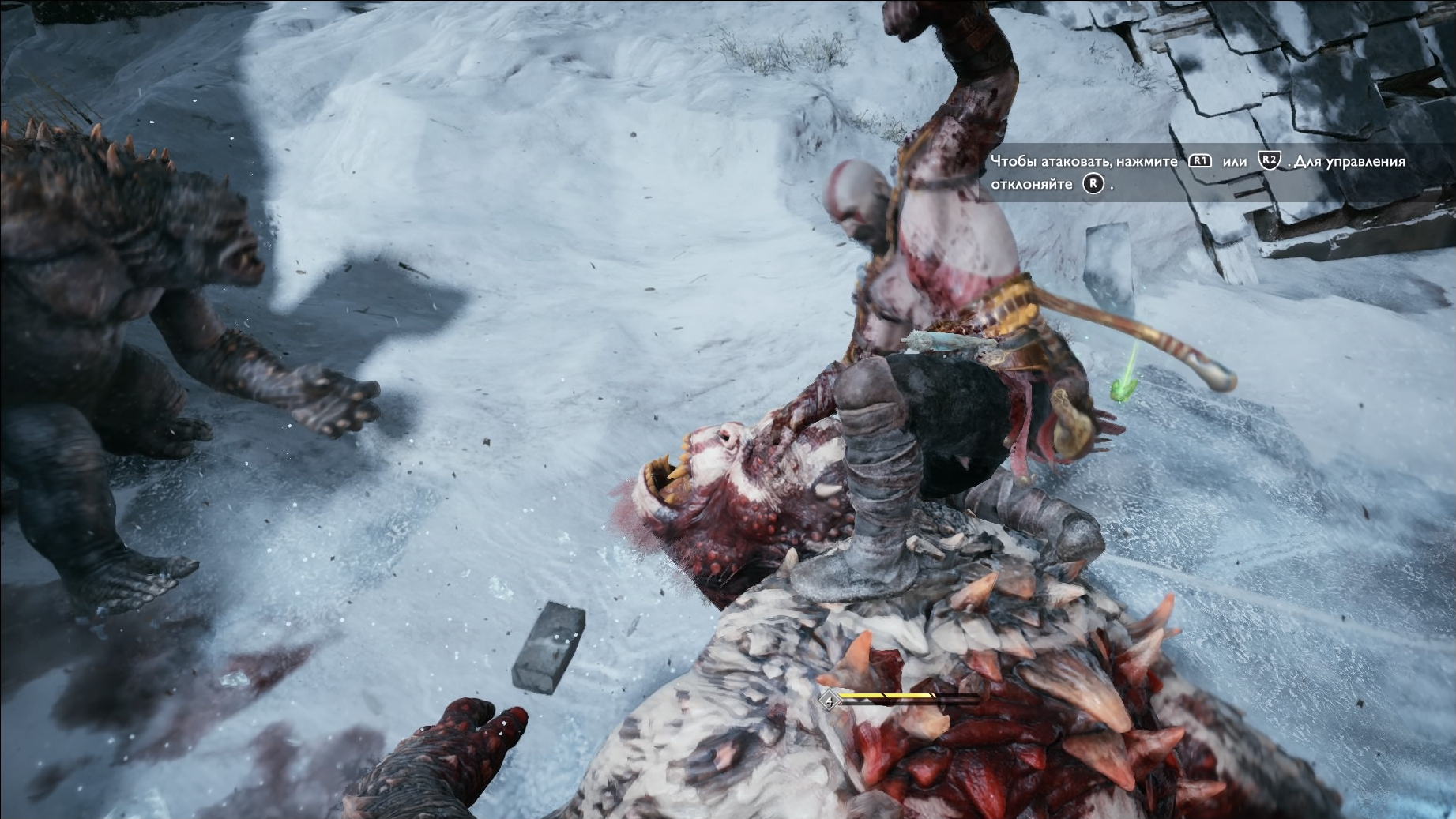
There is something to play with
The main wave of vague doubts about “Did GoW spoil?” hit me even before I met the underage Atreus. The published game trailers instilled even more doubts than a schoolboy on the cover. They told us how cool and brutal Kratos would be, how many revived Scandinavian myths he would chop into pieces, while something more resembling a sandbox a la was happening on the screen. Horizon: Zero Dawn, rather than the actual God of War.
For me, sandbox games have become tiresome. Shooters have turned into sandboxes, role-playing games have turned into sandboxes. The old compact, content-packed sandboxes have been replaced with huge and empty sandboxes, where you wander for hours in search of gameplay and don’t always find it. Does GoW fall into that category?
Fortunately, no. I mean, yes, we do have a big map where you can even run around just for the sake of it (or sail on a boat), fifty-one secret pots, and ten thousand chests filled with all sorts of things, scattered around dark and not-so-dead-end places. But the monotonous fields/mountains/forests without anything in Midgard and its surroundings haven’t grown. Fate doesn’t exactly love Kratos, but from the first to the last part, our God of War is spared from wandering through wastelands – even after moving to the north, Kratos kills time (and anyone who gets in his way) in captivating labyrinths.
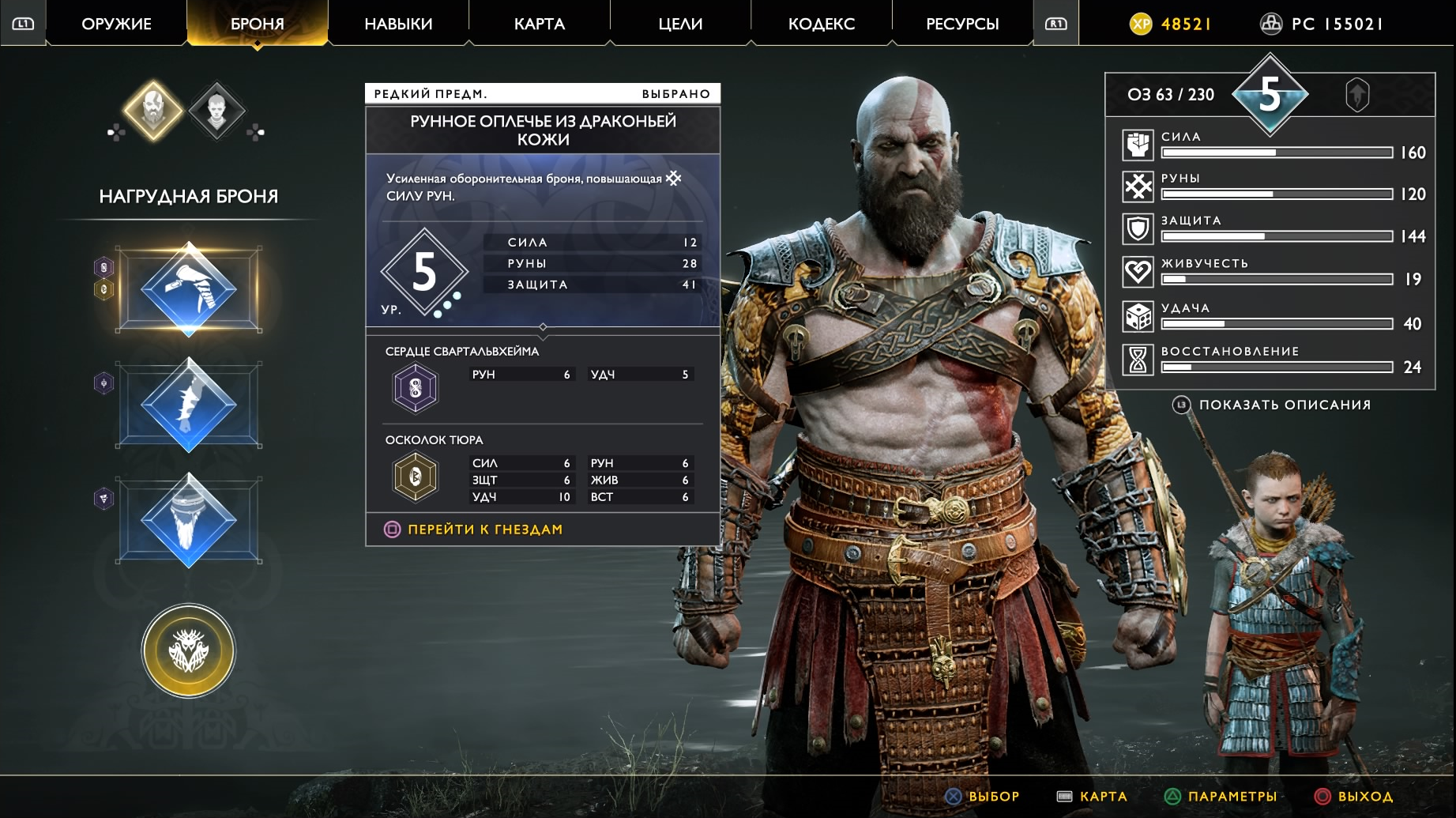
Naturally, the further into the forest, the thicker and healthier the Scandinavian partisans become, and the more elements there are in the local puzzles. And at the same time, Atreus flourishes. I would still give the bow and arrows to Kratos, because the Terminator doesn’t need any help, the Terminator should mow down everyone himself, but I really wouldn’t believe it if our bearded god suddenly became interested in a foreign language and a foreign pantheon. But the son, yes, for obvious reasons, he is open to everything new, he learns runes, happily reads and listens to tales about Odin and his comrades, and while Kratos is breaking through to the original goal, he tries to figure out why there is suddenly so much fuss around him and his father.
By the way: don’t even think about taking the tales of the Scandinavian God of War as a normal retelling of Northern myths. At least half of the stories told in the game are turned upside down. Partly because GoW is dedicated to fighting against a predetermined fate, and partly, um… let’s just say, not for nothing. It would be more accurate to say that it is for the construction of their own, game version of that magical pantheon. Either way, I wouldn’t recommend retelling the sketches from the game to a literature history teacher.
You play God of War and find yourself thinking, “Oh my god, the writers and designers have brought logical storytelling and common sense back to video games.” It’s been a while since a gamer ran through interesting locations and simultaneously played as a living character, not in cardboard decorations, but in an intriguing story.
Real levels! Real plot! Real game! It’s rare, you know, in AAA realms these days.
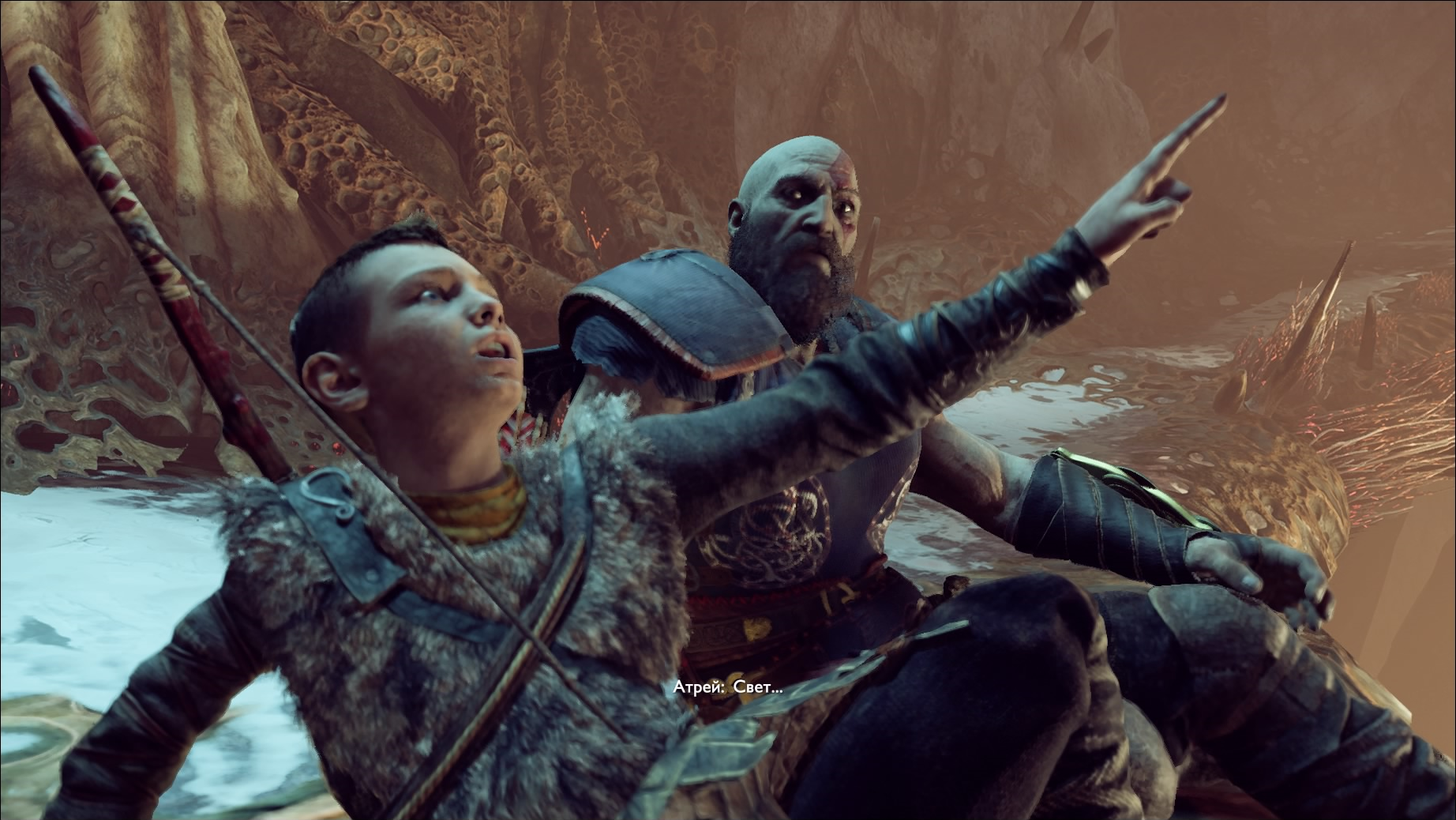
Optional hardcore
And in God of War there are also Valkyries. They symbolize all the happiness that you expect to receive by finding a secret sealed door in another sandbox. And, as a rule, you don’t get it – but not in our case.
There are a total of nine Valkyries. Each first mythical winged companion was hidden first somewhere in a dark underground dead end, and then behind a cunning magical lock. The game tells us the story of how the guides of the warriors to the afterlife had their own parallel drama, but in reality, the local Valkyries were hidden in hard-to-reach corners because they directly suck out the souls of gamers through the TV screen.
You wander through Midgard, thinking about how skillfully you cope with the challenges of GoW, but then you are taken to the arena with the first beast, and your self-confidence suddenly drops, and the picture of the surrounding world collapses. Not a single – not a single! – monster, boss, anyone from the plot and side adventures can compare in craziness and hardcoreness with the Valkyries. While the draugrs, trolls, and gods chew snot, give time to get used to the battlefield, spare Kratos and knock the nonsense out of him in strictly limited portions, our special bastards chop an unprepared visitor in two or three hits and send them to load the same checkpoint for the fifth-twentieth-fiftieth time.
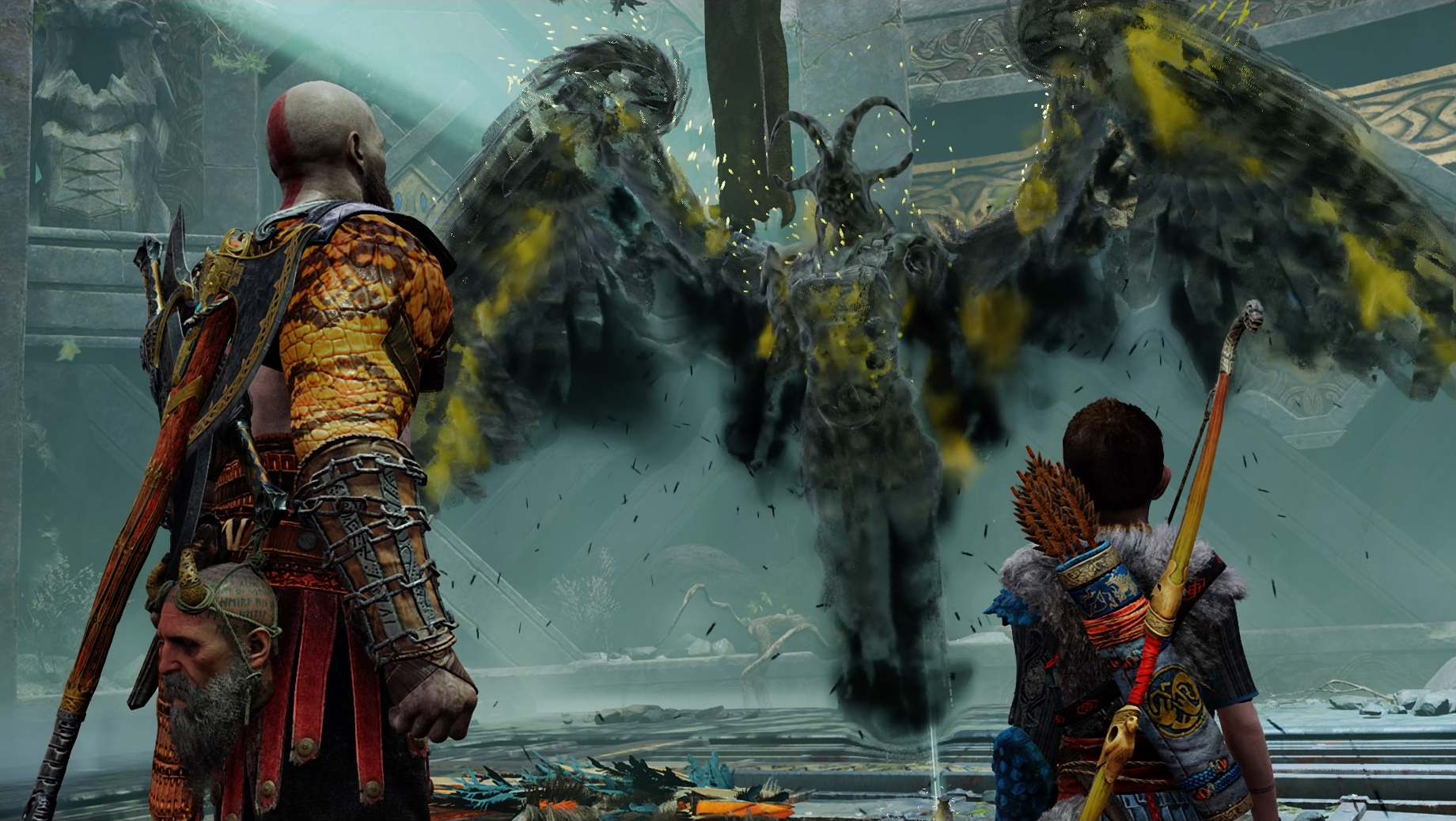
Fights with Valkyries are a big hello from old action games. Not a pretentious hipster hello, where you get hit three times in a row and then you memorize the algorithm and the monster doesn’t stand a chance, no. It’s a hello from the times when games were released for arcade machines and none of the designers really wanted the gamer to just beat the bosses easily. First of all, the gamer had to struggle, and secondly, feed as many coins as possible to the machine.
So learning what the boss does, in what order and with what range, was just the first step. Then you delved into the controller’s dao, continuously cursed the imperfect controls, got angry when you pressed the right button at the very last moment and it didn’t respond, ate a cactus with a howl, but kept trying to fit into the half-second timings, honed combinations, learned to dodge instant death moves, and loaded the checkpoint again and again because as difficult as it was, it was equally interesting.
Valkyries are all about that. After defeating one creature, any powerful monsters no longer seem like such strong opponents, after two almost any fight can be won on autopilot, after three you don’t care about anyone except the remaining Valkyries. The final boss doesn’t matter either.
But yes, the friends from secret rooms are entertainment for the strong-willed. The story and all the accompanying plots of God of War really want to tell you everything, so in case of anything, it will give you good advice, throw in a legendary item, and generously place checkpoints. Here, all safety nets are removed, and the game doesn’t care whether you defeat anyone or not. Did you spend 99% of the fight well and then get caught by deadly claws before the decisive blow? We don’t know anything, we don’t give checkpoints, start over.
As a bonus track, the Valkyries vividly demonstrate how much of a trash the scattered “hidden treasures” in sandboxes are compared to real challenges. In general, the whole GoW is about what happens when the beloved set of features, so loved by marketers, excuse me, excuse me, becomes flesh and blood. A big map is not just a plateau, but a mosaic of carefully crafted locations that we are more used to seeing in third-person action games of past generations. The story is not just a set of dummies on the roadside who need to deliver a basket of pastries halfway around the world, but a well-crafted narrative worthy of attention. There are missions – yes, there are our unfortunate sets of secret trinkets here too, but there are still many more real adventures.
And finally, for once, the pre-release screenshots and videos didn’t lie to us about the graphics.
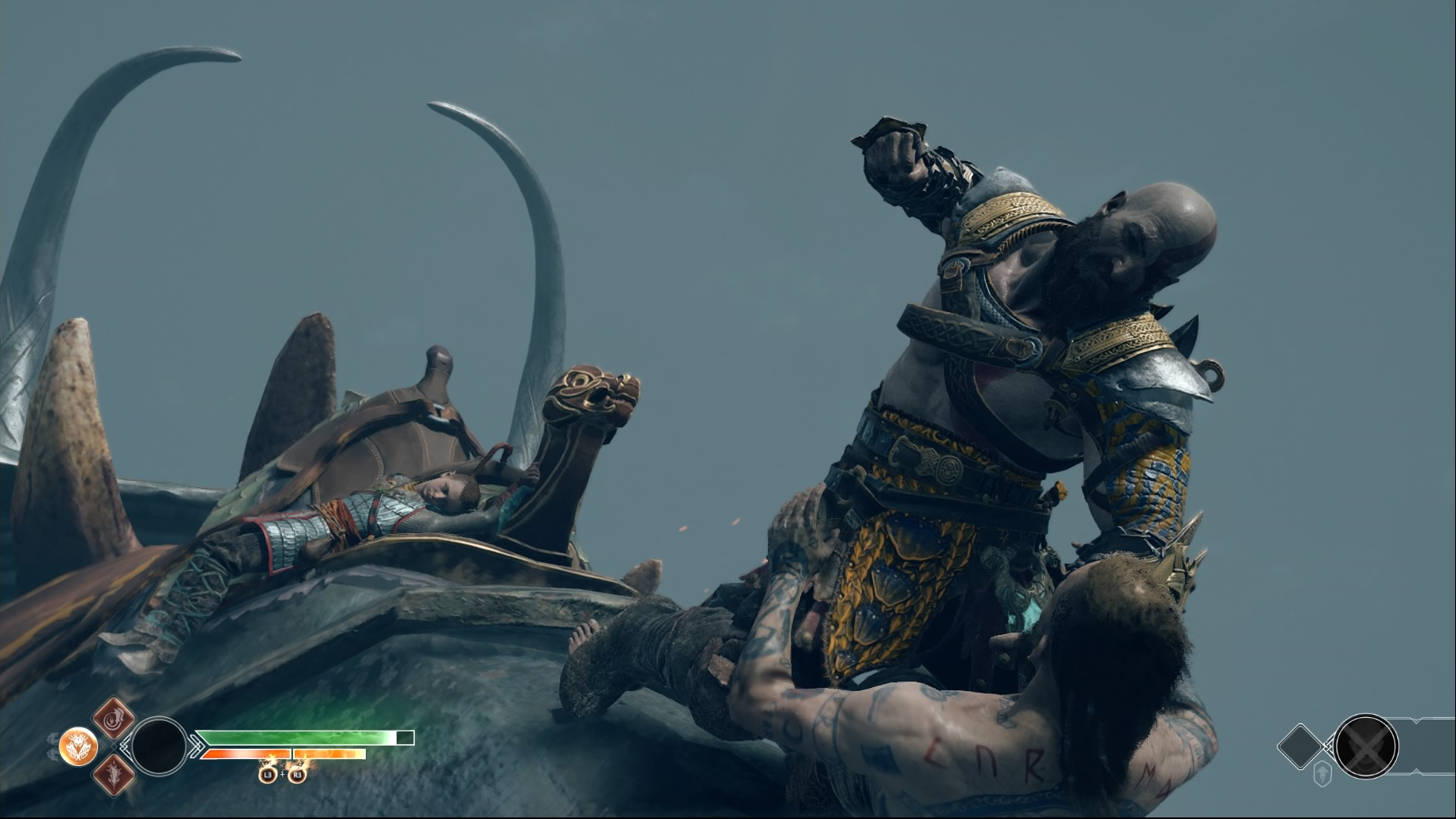
Full set
They brought everything into the game: both classics and new trendy motifs, and even a measured hardcore. There’s nothing to complain about. Well, almost. The Scandinavian GoW is wonderful, it’s just that it ends strangely. Just a little bit.
The main goal of Kratos and Atreus – to fulfill the testament of their deceased mother – never changes throughout the game. Moreover, strangely enough, this very goal is not directly related to Odin, nor to his big family, nor to the living dead who have invaded Midgard, nor to the upcoming Ragnarok. If it weren’t for all the aforementioned things underfoot, the father and son would have embarked on an amazingly peaceful journey.
But this whole side show captivates you so much, and all the evil genius of Odin’s encounters are so vividly described, that as soon as the testament is finally fulfilled, you think that now the heat will start. Watch an important plot scene – and let’s go give Thor, Odin, everyone a run for their money. The game entertained you for dozens of hours in a row, you are eager to conquer just as much more, and then suddenly it turns out that the declared end of the journey at the very beginning of the story is indeed the end of the journey. At least until DLC and direct sequels.
Hmm. It turns out that the main problem with God of War is that even after dozens of hours, it’s not enough for you. If only all games had such shortcomings.
Share
Discuss
More Reviews
